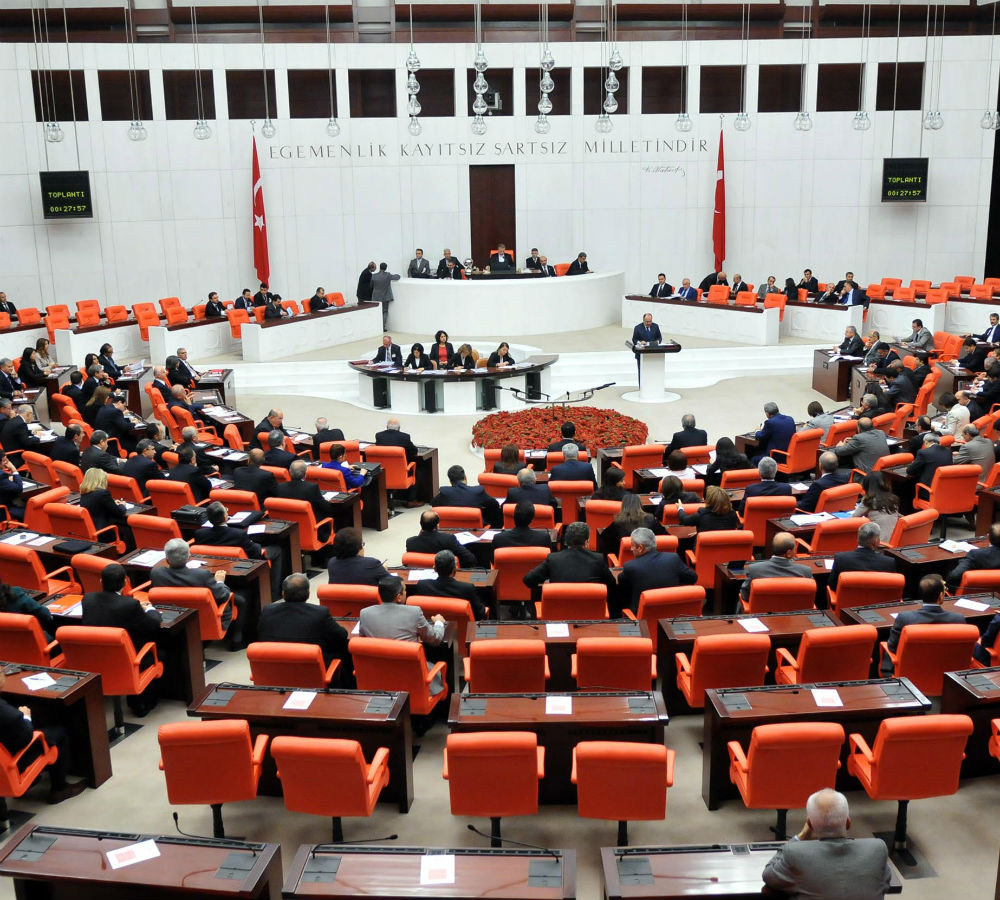Turkish Parliament has approved a 3-month state of emergency, which concentrates power formally into the hands of the leader by allowing him and his cabinet to make laws by fiat, after the failed military coup attempt that killed more than 200 people on July 15.
While the ruling Justice and Development Party (AK Party) and the opposition National Movement Party (MHP) accepted imposing the state of emergency in Turkey, the main opposition Republican People’s Party (CHP) and pro-Kurdish People’s Democratic Party (HDP) has rejected it.
The state of emergency — which is to be imposed as of 1.00 a.m. on Friday — was approved by 346 of the votes, while 115 lawmakers voted against it.
President Recep Tayyip Erdoğan declared the three-month-long state of emergency across Turkey on Wednesday night, after presiding over a Cabinet meeting at the presidential palace and a four-hour summit of the National Security Council (MGK).
The state of emergency was advised by the MGK, before the Cabinet has agreed on taking the decision. According to Erdoğan, the state of emergency is intended to eradicate “the terrorist organization” based on the 120th article of the Turkish Constitution, in response to last week’s failed coup attempt.
“This practice is certainly not against democracy, law and liberties. On the contrary, it is in the name of protecting and improving these values,” Erdoğan said. He claimed that the move was made in order to rapidly and effectively destroy the threat against rule of law and people’s fundamental rights.
A group of soldiers attempted a military coup at around 10 p.m. last Friday, with tanks rolling onto the streets of Ankara and İstanbul and soldiers blocking the Bosphorus Bridge and the Fatih Sultan Mehmet Bridge. The military’s claim of a takeover was announced by the state broadcaster TRT after rebel soldiers raided its building. The anchorwoman said the military imposed martial law and declared a curfew until further notice.
Over 200 people, including civilians, were killed in clashes between police and rebel soldiers overnight. The Parliament, the presidential palace and the National Intelligence Organization (MİT) headquarters were struck by military helicopters.
The Turkish government managed to suppressed the coup attempt and launched a large-scale crackdown across the country on media, public servants, judges, prosecutors and teachers, along with rebels within the army.



